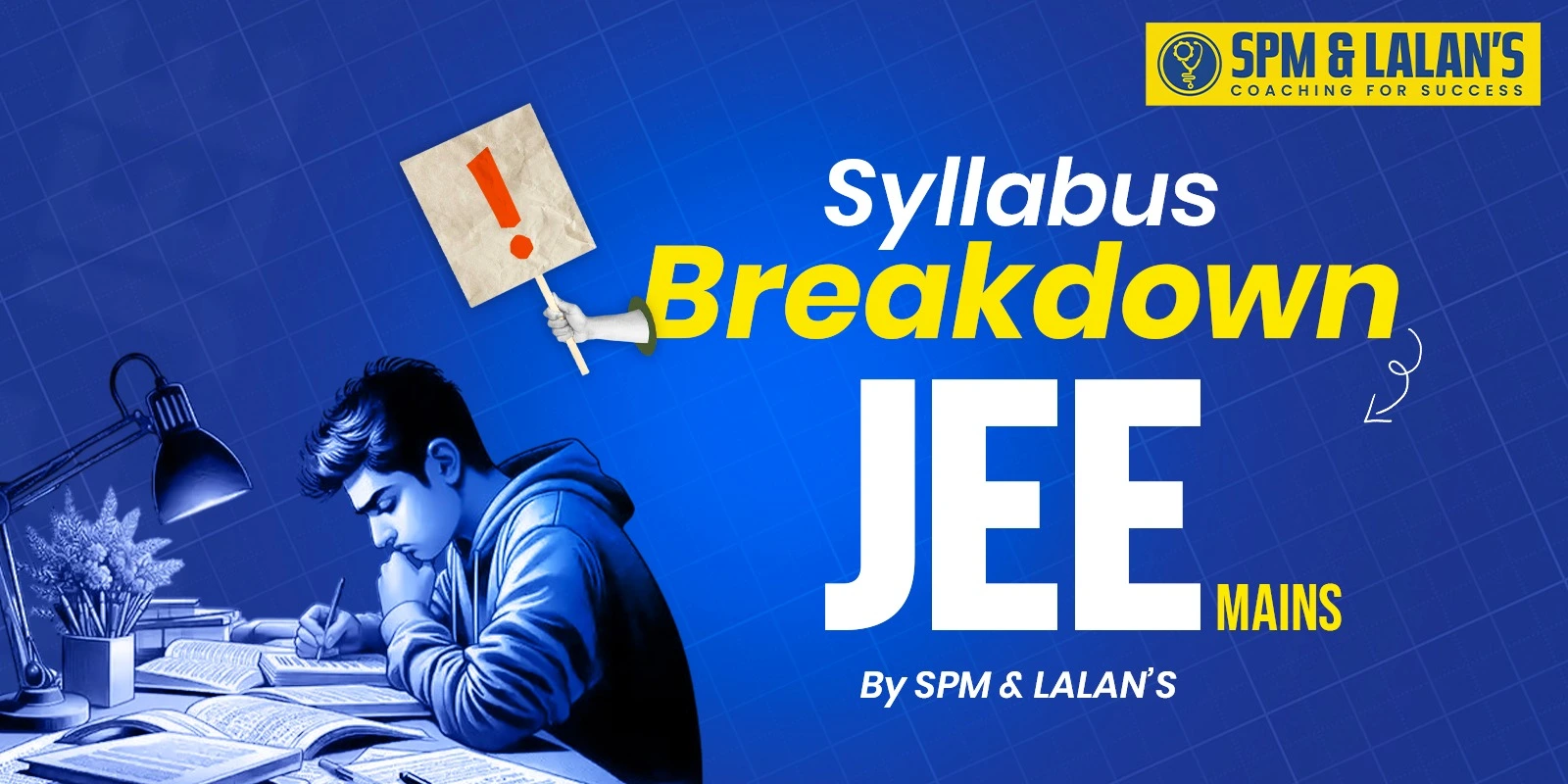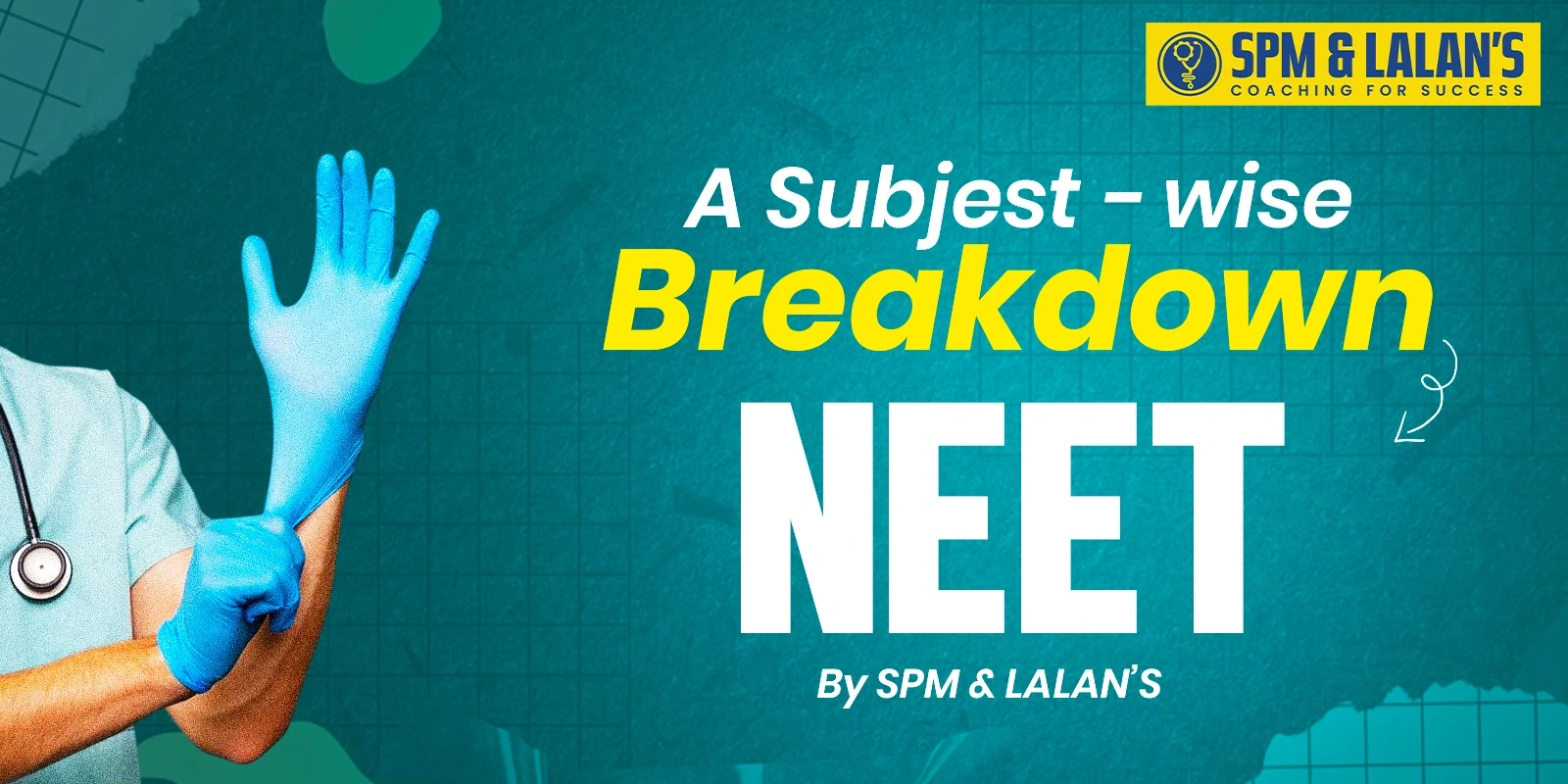The JEE Main exam is a crucial milestone for students aspiring to join top engineering colleges in India, such as IITs, NITs, and IIITs. Conducted by the National Testing Agency (NTA), it is the first step towards securing admission into prestigious undergraduate programs in engineering. The exam not only assesses the knowledge of students in subjects like Physics, Chemistry, and Mathematics but also tests their ability to apply these concepts to real-world problems. Understanding the JEE Main eligibility criteria is vital as it forms the foundation of every student’s preparation journey.
In this guide, we will explore the JEE Main eligibility criteria for 2026, breaking down the age limits, educational qualifications, subject combinations, and much more. Parents and students must pay close attention to the eligibility requirements to avoid any confusion or unnecessary disqualification later in the process. Let’s dive into the details of the eligibility criteria that will shape your path to success in JEE Main 2026.
Who Conducts JEE Main & Why Eligibility Matters
The National Testing Agency (NTA) is the official body responsible for conducting the JEE Main exam. NTA’s role includes ensuring the exam is fair, transparent, and standardized, with a focus on providing equal opportunities for all students. The JEE Main eligibility criteria are stringent because they ensure that only the most suitable candidates, with the right qualifications, are allowed to take the exam.
Strict eligibility rules are enforced to maintain the integrity of the examination and to ensure a level playing field. These criteria help ensure that students are adequately prepared and meet the academic standards required for admission into top engineering institutions. It is important to note that there are several misconceptions surrounding eligibility. For example, many students think that the eligibility for JEE Main is purely based on age and marks, while others overlook the importance of the subject combinations required to apply.
JEE Main Eligibility 2026: Quick Summary Table
Here’s a quick overview of the JEE Main eligibility criteria for 2026:
| Criteria | Details |
| Age Limit | No upper age limit; candidates must have passed Class 12th in 2024, 2025, or be appearing in 2026. |
| Year of Passing | Candidates must have passed their 12th board exam in 2024 or 2025, or must be appearing for it in 2026. |
| Number of Attempts | A maximum of 3 attempts in consecutive years (2026, 2027, 2028). |
| Subject Combinations | Physics, Chemistry, and Mathematics must be taken together in Class 12th. |
| Minimum Marks | General category candidates need at least 75% in Class 12, SC/ST candidates need at least 65%. |
Educational Qualification Criteria
The JEE Main eligibility requires that candidates have completed their Class 12th (or equivalent) exam. Students who are appearing for their Class 12th exams in 2026 are eligible to apply for JEE Main 2026. It is crucial that the Class 12th board be from a recognized board, whether CBSE, ICSE, or a State Board.
It is important to note that the JEE Main eligibility criteria state that only those students who have studied Physics, Mathematics, and one of the following subjects: Chemistry, Biology, Biotechnology, or Technical Vocational Subjects, are eligible to sit for the exam.
Minimum Percentage Required in Class 12th
For General category students, the JEE Main eligibility percentage in Class 12th must be at least 75%. For candidates belonging to SC/ST/OBC categories, the minimum requirement is 65%. This minimum percentage is required both to appear for the exam and for eligibility to secure admission into NITs, IIITs, and CFTIs. The minimum percentage varies slightly for different categories, so students must make sure they meet these criteria before applying for JEE Main.
Subject-Wise Eligibility Criteria
For the JEE Main eligibility, students must have studied Physics, Mathematics, and one of the following subjects in Class 12th: Chemistry, Biology, Biotechnology, or any Technical Vocational Subject. These subjects must have been taken together in the same academic session.
Certain subject combinations, such as Mathematics with Arts or Commerce, are not eligible for JEE Main. Therefore, candidates must ensure they meet the subject-wise criteria to avoid disqualification.
Age Limit for JEE Main 2026
The JEE Main eligibility age limit is often a topic of confusion. However, NTA does not impose any upper age limit for JEE Main 2026. The only age-related requirement is that candidates must have appeared for their Class 12th exams or equivalent in 2024, 2025, or must be appearing in 2026.
This means that candidates who have dropped a year or taken a gap year can also appear for JEE Main 2026, as long as they meet the other criteria.
Number of Attempts Allowed
Candidates are allowed to attempt JEE Main a maximum of three times in consecutive years, i.e., from 2026 to 2028. After the third attempt, candidates become ineligible to appear for the exam. This rule applies to all candidates, including those who drop a year.
Eligibility for Droppers & Repeaters
For students who have passed Class 12th in 2024 or 2025, they are still eligible to apply for JEE Main 2026. However, they must ensure they meet all other JEE Main eligibility criteria, such as subject combinations and age limits.
Students who took a gap year to prepare or who did not pass Class 12th in the first attempt must ensure they meet the minimum percentage requirement and subject eligibility for JEE Main 2026.
Eligibility Criteria for Foreign/NRI Students
Foreign nationals and NRI (Non-Resident Indian) candidates must adhere to specific eligibility criteria when applying for JEE Main 2026. Students from international boards, such as IB (International Baccalaureate) and Cambridge, are eligible to apply, provided their education is equivalent to Class 12th in India.
Additionally, NRI, OCI, and PIO candidates are also eligible to apply, but they must meet the minimum percentage criteria as set by NTA. The eligibility for foreign nationals differs slightly from Indian nationals, and they must consult official notifications for specific details.
JEE Main vs JEE Advanced Eligibility Differences
While the eligibility for JEE Main and JEE Advanced is similar, there are key differences in the requirements for JEE Advanced. To be eligible for JEE Advanced, students must first qualify the JEE Main exam and secure a rank within the top 2.5 lakh candidates. The eligibility criteria for JEE Advanced are stricter, focusing on the rank rather than just meeting the basic eligibility requirements.
Reservation Criteria in JEE Main 2026
The JEE Main eligibility includes specific reservation criteria for candidates belonging to certain categories such as SC, ST, OBC, and PwD. For instance, there are reservation percentages in NITs, IIITs, and CFTIs for these categories. Candidates must present valid certificates to claim their category-based reservation during the application process.
Common Mistakes Students Make in Eligibility
One of the most common mistakes students make is not providing complete documents when applying for JEE Main. Students may also misunderstand subject eligibility or marks required, which can lead to disqualification. Applying for JEE Main despite not meeting the eligibility criteria, especially in terms of age and subject combinations, can be a costly error. It’s crucial to review the JEE Main eligibility criteria thoroughly before applying.
Documents Required to Prove Eligibility
To prove eligibility, candidates must submit a variety of documents during the application process. These include:
- Date of Birth Proof (Birth certificate or Class 10th mark sheet)
- 12th Mark Sheet (For proof of educational qualifications)
- Category Certificate (For SC, ST, OBC, PwD candidates)
- Passport-sized Photograph
Each document must be submitted in the specified format as per NTA’s instructions.
Frequently Asked Question on JEE Main Eligibility 2026
- Can a diploma holder apply?
Yes, diploma holders are eligible to apply for JEE Main 2026, provided they meet other criteria such as age and subject requirements. - Is improvement exam accepted?
Yes, students who wish to improve their Class 12 marks can apply for JEE Main using their improvement exam results.
- Can a candidate from the arts stream apply?
No, candidates from the arts stream are not eligible for JEE Main unless they have taken Mathematics and Physics as part of their course.
- Are State board students eligible?
Yes, students from State Boards are eligible for JEE Main, provided they meet the educational qualification and subject criteria.
Conclusion
The JEE Main eligibility criteria for 2026 are comprehensive and ensure that only qualified candidates can sit for the exam. Students must ensure they meet all the requirements, including age limits, subject combinations, and minimum marks. For any further updates, be sure to check the official NTA JEE Main brochure when it is released. Stay updated with the latest news and guidance on JEE Main eligibility and preparation tips by following S.P. Mandal LALANS for expert coaching and support.



